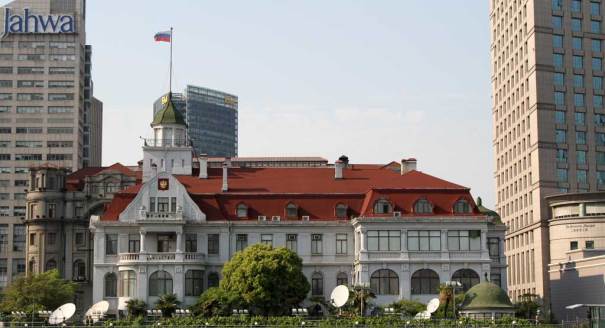Russia is reacting to the rise of Asia by shifting its attention eastward—from the Ural Mountains to the Amur River. Moscow interprets this rise primarily in terms of the changing global balance of power and the West's decline. But Asia's growing influence also significantly affects Russia's interests. Moscow must learn to act like a Euro-Pacific power if it hopes to effectively confront the challenges and opportunities in the East.
Key Points
- Russia is essentially a European country, but two-thirds of its territory— Siberia and the Russian Far East—is located in Asia.
- A good Russian-Chinese relationship promotes international stability and is of great value to Moscow and Beijing.
- Russia and China have entered a diplomatic alliance, taking similar views on issues such as national sovereignty. But the balance of power is tilted in Beijing's favor, with Russia largely reduced to the role of resource base for China.
- Moscow sees the United States as a key political and strategic balancer in the region, so the U.S. pivot to Asia did not threaten Russia.
Recommendations for Russia
- Moscow should formulate an effective policy for developing its eastern provinces, stepping up its efforts to integrate those territories both into Russia's single economic, political, and cultural space and into the Asia-Pacific region.
- A resource-based model for developing the Far East is insufficient and must be complemented by efforts to create a network of high-tech enterprises and scientific and educational institutions in the region. Cooperation with the most developed countries in the Asia-Pacific is essential to this.
- The Russian-Chinese partnership needs to be one of equals. To achieve balance in its relations with China, Russia must develop a comprehensive long-term strategy in the Asia-Pacific and more actively diversify its policies in the region by expanding ties with Japan, India, South Korea, and Vietnam.
- Russia's territorial dispute with Japan over the Kuril Islands must be resolved in a way that creates an engine for positive transformation in Moscow's relations with Tokyo. The Russian-German relationship could act as a model.
- The United States and Russia should hold a serious—and long-overdue—dialogue on Asia-Pacific security- and development-related issues. Such a dialogue could help forge a north Pacific partnership, a future pillar of stability and a vehicle for development in the region.
- Moscow is involved with the Six-Party Talks on North Korea's nuclear program, but it must develop a long-term approach to the Korean Peninsula that moves beyond that issue.
